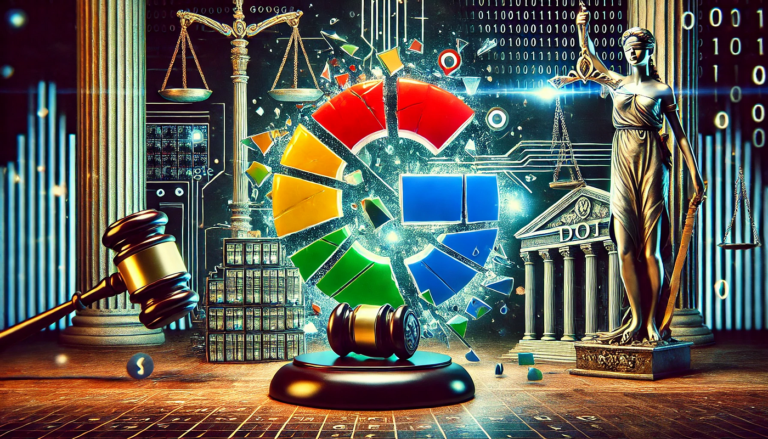Google is asking an appeals court to reverse a major victory for Epic Games, the creator of Fortnite, in an ongoing legal battle about whether Google should be forced to open its Play Store to third-party app stores and payment systems. Why does this matter? Because if Epic wins, Google would have to allow developers to use their own payment systems, potentially including ones that support cryptocurrencies like Bitcoin and NFTs.
Why This Legal Fight Matters
Imagine trying to buy a game or an app, but every single purchase has to go through Google’s payment system, which takes a 30% cut. That’s what’s been happening on the Google Play Store for years. Epic Games didn’t like this system because it feels unfair and takes a huge chunk of their revenue, so they decided to bypass Google and Apple’s payment systems entirely.
Epic’s bold move in 2020 was to implement their own payment system in Fortnite, which led to both Google and Apple removing the game from their stores. In response, Epic sued both companies, claiming they were using their app store power to restrict competition and block other payment systems.
This fight is crucial for the future of the app market. If Google loses the appeal, developers will be able to bypass Google’s payment system, meaning they could offer cheaper options for consumers and even integrate crypto payments, making the app ecosystem much more flexible. But if Google wins, they keep control, and their app store remains a closed system.
Key Terms to Remember:
- Antitrust Laws: These are rules designed to prevent companies from using unfair practices to maintain monopolies. In this case, Epic argues Google is unfairly controlling the app market.
- App Store Monopoly: Google’s Play Store is the only place Android users can officially download apps. By blocking other payment systems, Google controls what apps can charge and how they can process payments.
- Third-Party Marketplaces: These are alternative app stores or systems that could offer better terms for developers, including lower fees or crypto payments.
- Crypto Integration: Some apps, especially those related to NFTs or cryptocurrencies, are limited by Google and Apple’s payment restrictions. If these restrictions are lifted, it could open the door for crypto apps to flourish.
What’s at Stake?
Epic’s win could reshape the app market by opening the door to lower costs for developers and more freedom for users. For Google, it would mean losing a significant portion of their revenue from app transactions, especially in the growing market for digital assets like NFTs.
What’s Next?
The case is now in the appeals court, and Google is trying hard to get the original decision overturned. The case could have a big impact on how app stores are run in the future, especially as more developers look for ways to accept payments through alternatives like cryptocurrencies.
This case isn’t just about one game; it’s about who gets to control the digital marketplace. The outcome could change the way we buy and interact with apps forever, making it a huge deal for anyone interested in the future of tech and finance.
Understanding this case is important because it highlights the growing tension between tech giants and the push for more freedom in digital marketplaces. By following it, you’re not only learning about a specific lawsuit, but also about the future of online payments, digital assets, and the control companies like Google and Apple have over what you can do with your own phone or device. It’s a real-world example of how laws and technology are constantly evolving, and staying updated on these issues can give you a big advantage in understanding the digital economy.



